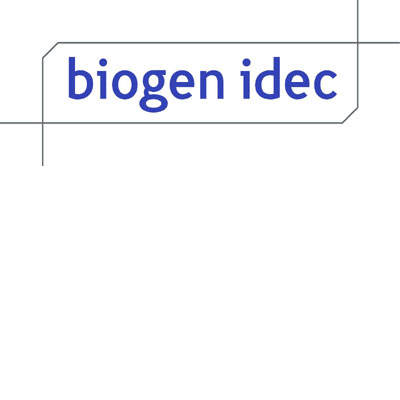Biogen Idec receives notification from FDA of PDUFA date extension for ALPROLIX™
Posted: 2 December 2013 | | No comments yet
Biogen Idec announced that the U.S. Food and Drug Administration has extended the initial Prescription Drug User Fee Act date for its review of the Biologics License Application for ALPROLIX…


Biogen Idec (NASDAQ:BIIB) announced today that the U.S. Food and Drug Administration (FDA) has extended the initial Prescription Drug User Fee Act (PDUFA) date for its review of the Biologics License Application (BLA) for ALPROLIX™, the company’s investigational long-lasting recombinant factor IX Fc fusion protein candidate for hemophilia B. The PDUFA date has been extended by three months, which is the standard extension period.
In response to a request from FDA, Biogen Idec submitted additional information related to the validation of a manufacturing step for ALPROLIX. Due to the timing of this submission, the FDA extended the PDUFA date to allow additional time for review of the marketing application.
About ALPROLIX
ALPROLIX is an investigational fully recombinant, long-lasting clotting factor therapy in late-stage clinical development for the treatment of hemophilia B. ALPROLIX uses Fc fusion technology, which takes advantage of a naturally occurring pathway that delays the breakdown of IgG1 (protein commonly found in the body) and cycles it back into the bloodstream. The Fc portion of IgG1 is fused to factor IX in ALPROLIX and is thought to be responsible for the prolonged time ALPROLIX circulates in the body. While Fc fusion is an established technology that has been used for more than 15 years, Biogen Idec is the only company to apply it in hemophilia.
ALPROLIX is also under review by regulatory authorities in several countries, including Canada, Australia and Japan.
About Hemophilia B
Hemophilia B is a rare, chronic, inherited disorder in which the ability of a person’s blood to clot is impaired. Hemophilia B occurs in about one in 25,000 male births annually, and more rarely in females, affecting about 3,000 people in the United States. It is caused by having substantially reduced or no factor IX activity, which is needed for normal blood clotting. People with hemophilia B experience bleeding episodes that can cause pain, irreversible joint damage and life-threatening hemorrhage. Prophylactic infusions of factor IX can temporarily replace clotting factors necessary to control bleeding and prevent new bleeding episodes. The Medical and Scientific Advisory Council of the National Hemophilia Foundation recommends prophylaxis as the optimal therapy for people with severe hemophilia B.




